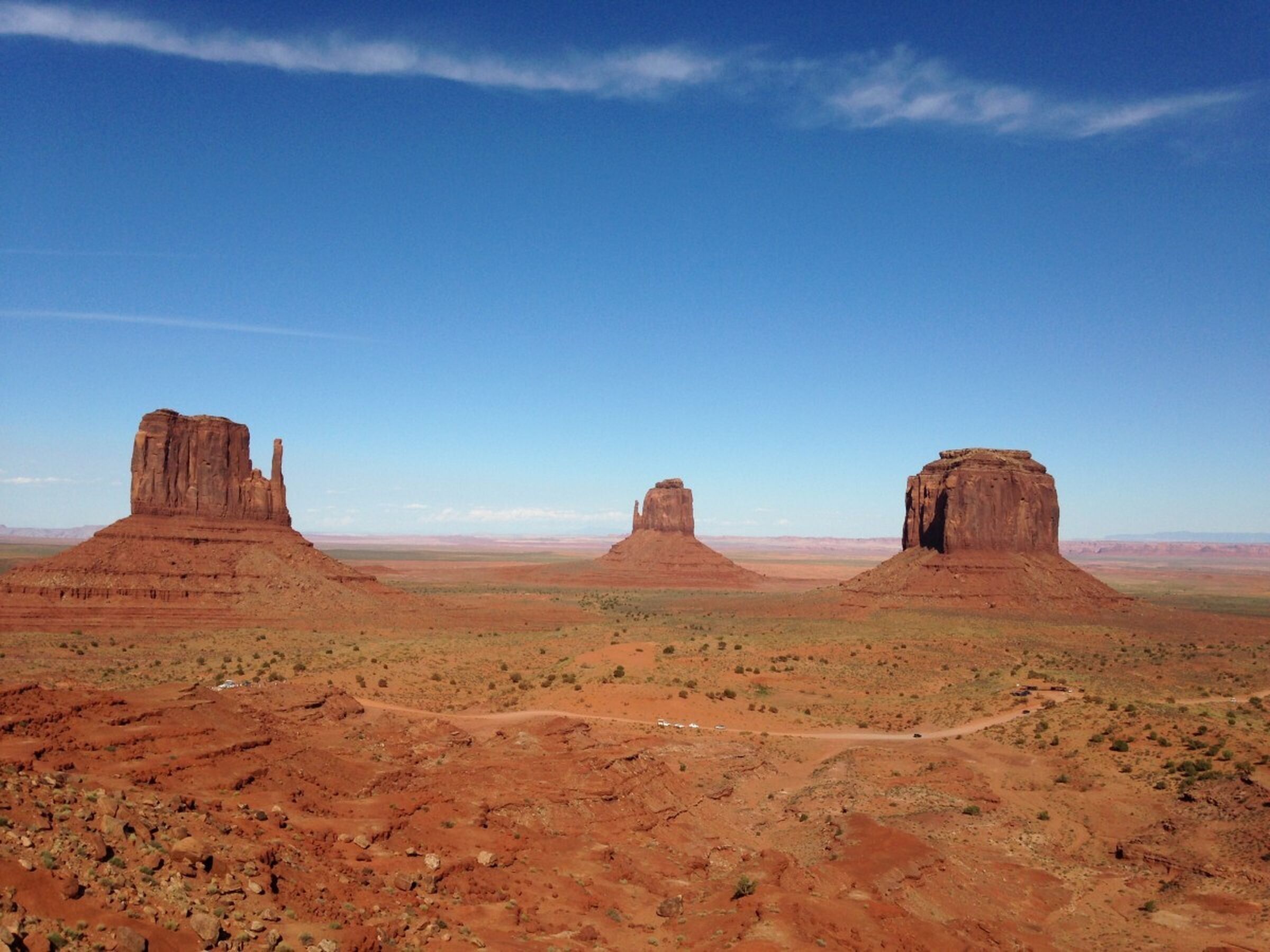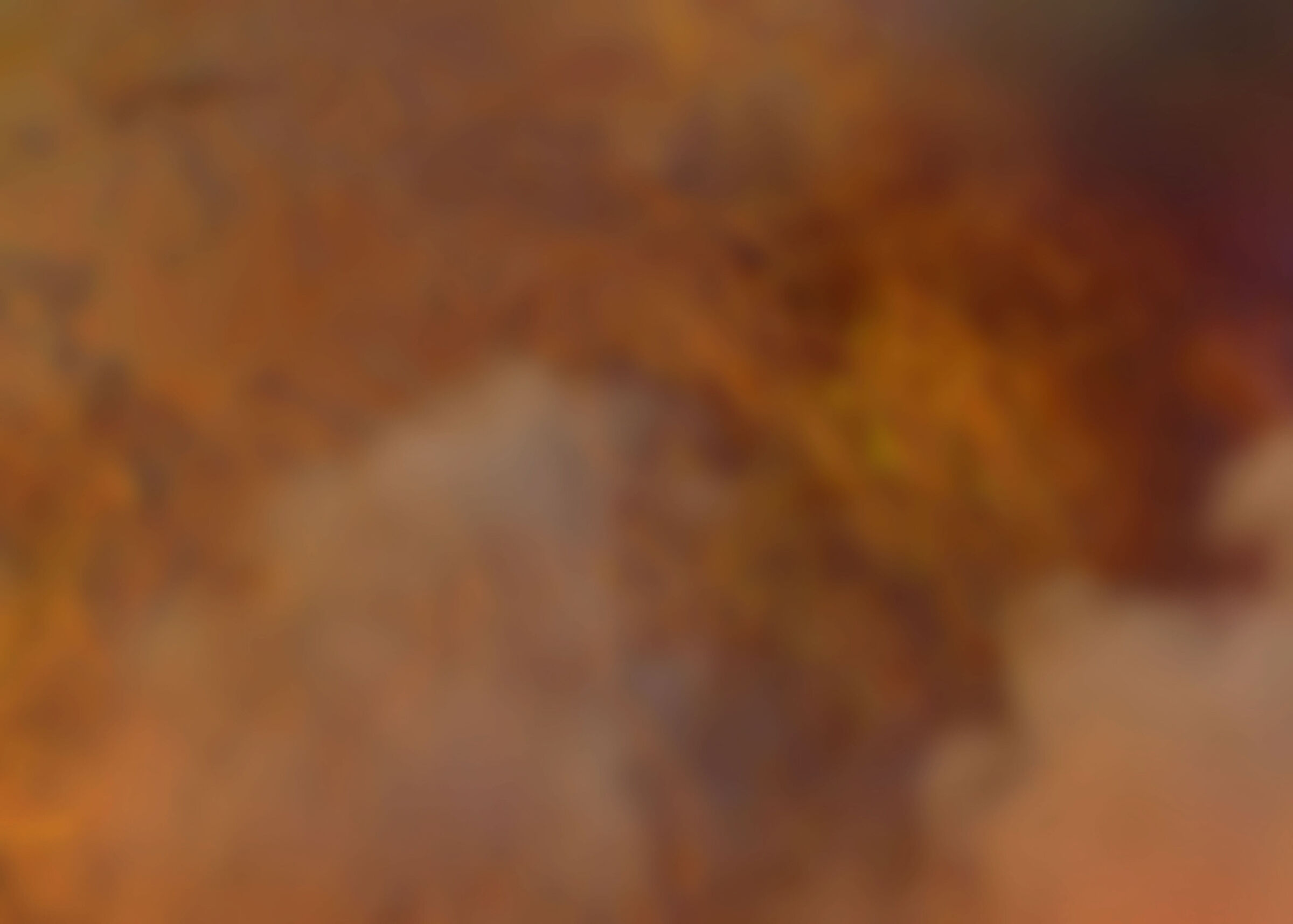087
Margret Grebowicz
Origin Stories
Today’s conversation is with environmental philosopher Margret Grebowicz about the stories we tell about nature and how they shape our relationship to the world we live in.

Monument Valley, Public Domain Usage
The news I get on my phone often depicts the environment as a series of changing statistics and data points demanding my attention. These metrics are used to compare one date in time to another date point in time, juxtaposed against one another for further study. This gap or difference in metrics then becomes the story we tell. Why the difference, what caused the difference, who’s to blame for the difference and can that difference be reversed. Our stories we tell about nature and climate seem to increasing be about the measured gaps in time. These short-term updates string together a necklace we wear portraying nature as a measurable, objective object.
Other surveys over time and cultures show many different stories and relations between people and nature that continue to exist till this day. How do we live with these scientific models of prediction juxtaposed to the personnel experiences of those currently living through climate change. Is it possible that we need new stories? Maybe even new origin stories.
For many cultures, descriptions of nature come with their own origin stories. This isn’t seen just with indigenous peoples but in the policies that shape sovereign nation’s, like the creation of the National Parks in the United States over one hundred years ago or more recently the Wilderness Act in the 1960’s. In some origin stories, nature is where people emerged from, while other stories point to nature as a resource we can visit for nourishment and supplies but never actually live within.
So much time seems to be spent trying to know the future, to somehow grasp what is in store for us with climate change. Beyond setting a goal post off on the horizon for us to strive to reach, it might also benefit us to have a stronger ruder behind us (in the form of origin stories) to guide us forward. So many of our current stories are nostalgic depictions of pasts that either no longer exist, no longer can exist or never occurred in the first place.
I feel constantly reminded when doing this program of the importance of not only learning and somehow knowing more, but taking stock in what assumptions are so ingrained in my own perspectives that I don’t even think to question them.
As humanity strives to look forward, it’s important to think about what stories we tell and why we do so. Where did we get them and how are they shaping our future. My guest, Margret Grebowicz, reminds us to take a step back and ask ‘What do we want from nature?’ And almost more importantly, she points out that ‘Environmental nostalgia is a form of terraforming’. Many of these stories about what nature and wilderness were, are as romantic as they are historical and they place a filter on today’s ambitions and expectations.
Maybe this nostalgia is less productive than simply creating new origin stories. Ones that take into account where we currently are and where we might want to find ourselves. These are origin stories formed in the service of our futures.
Thanks to Richard Devine for Sample permissions.
Margret Grebowicz
Margret Grebowicz is an environmental philosopher living in upstate New York. She is the author of four books--Mountains and Desire: Climbing vs. the End of the World, Whale Song, The National Park to Come, Why Internet Porn Matters--and is currently finishing a new short book, Rescue Me: On Dog Abundance and Social Scarcity.
